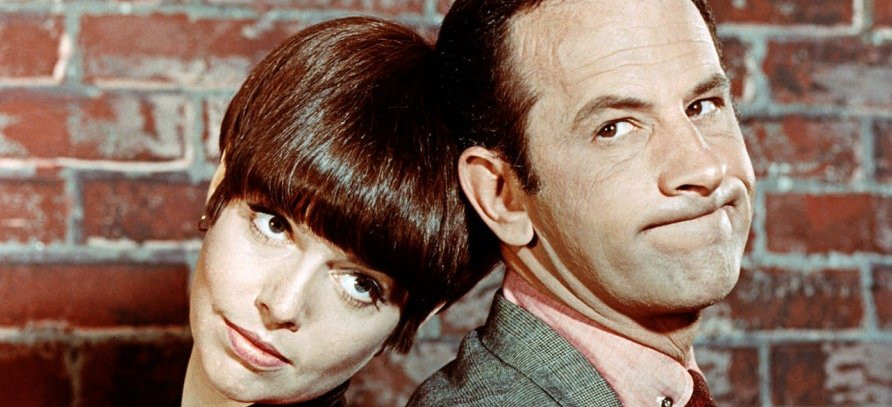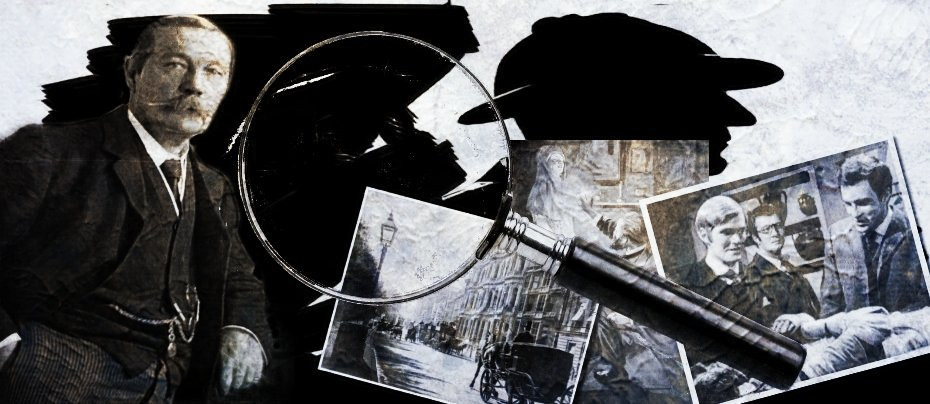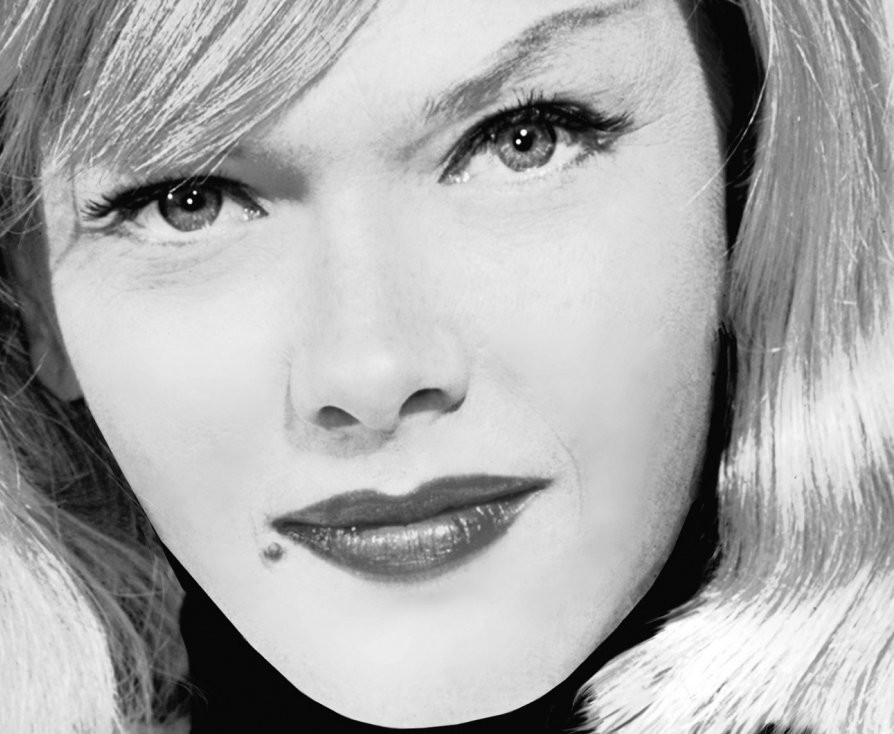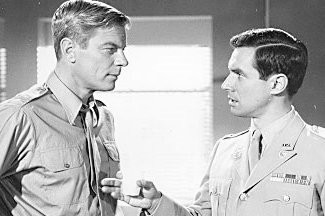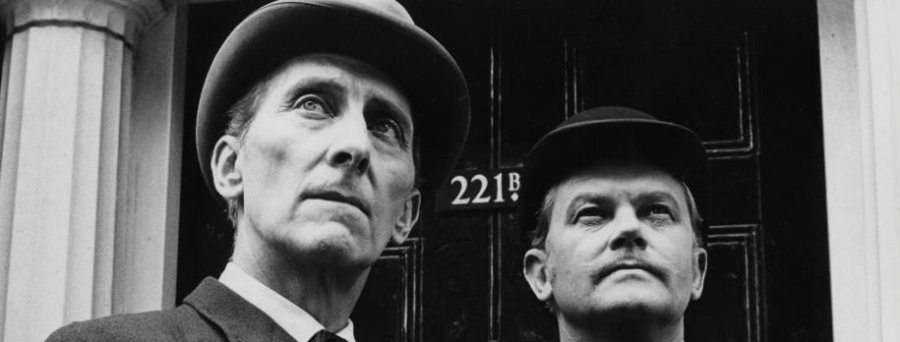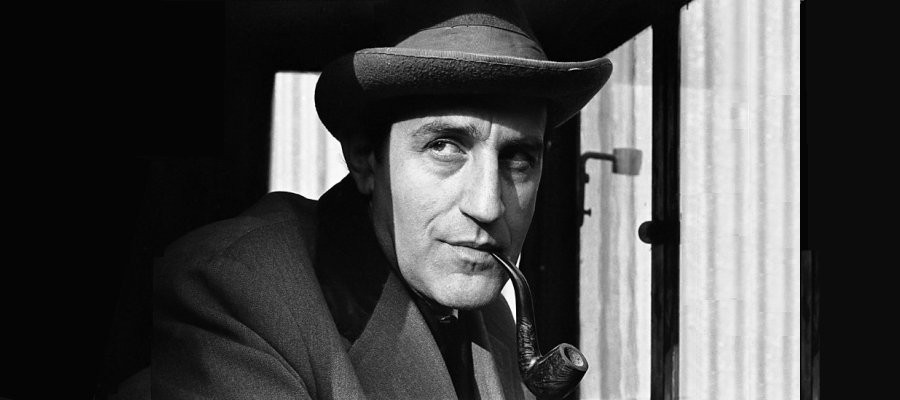
Sherlock Holmes
1965 - United KingdomThe media's long love affair with Sir Arthur Conan Doyle's most iconic creation was already firmly established in the public consciousness world-wide when in 1964, as part of a prestige anthology series entitled The Detectives, the BBC presented an hour long version of one of the best known Sherlock Holmes stories. The Speckled Band featuring noted stage screen and film character actor Douglas Wilmer as the latest incarnation of Baker Street's most famous resident. The success of the one episode resulted in the commissioning of a fully-fledged series of twelve black and white episodes in 1965 under the directly simple Sherlock Holmes title, produced by the experienced David Goddard.
These adaptations again featured Douglas Wilmer as Holmes, the ever-reliable Nigel Stock as Doctor John H. Watson, and rounding out the regular supporting cast was Mary Holder as the long-suffering Mrs. Hudson, Peter Madden as Scotland Yard's Inspector Lestrade and comedy actor Derek Francis as the intellectually brilliant older brother of Sherlock; Mycroft Holmes.
Although somewhat lacking in dramatic impetus and slightly inclined towards the comedic, the series was nevertheless well received by both public and press alike, mainly thanks to Wilmer's intelligent portrayal of a notoriously difficult character, and, as was noted in the newspaper The Times, the actors "uncanny resemblance" to the sleuth in the original book illustrations by the great Sydney Paget. Ultimately, however, a combination of ever-decreasing rehearsal time and the ever-present wish to further extend his acting skills in other directions, prompted Wilmer to decline to renew his contract with the series. Questioned about his decision to quit and whether he had enjoyed working on the series during a later interview following the announcement that Peter Cushing was to replace him in the role, the actor commented tersely: "...I would rather sweep Paddington Station for a living than go through the experience again. He had my sympathies!" Nevertheless, Cushing starred in 16 further episodes in the 1968 series, which included all the original stories (with Stock continuing in the role of the good doctor) from A Study in Scarlet to the two-part Hound of the Baskervilles. The series was re-titled Sir Arthur Conan Doyle's Sherlock Holmes.
Seen this show? How do you rate it?
Seen this show? How do you rate it?
Published on January 29th, 2019. Written by Peter Henshuls for Television Heaven.


